The summary of Resolution 24-NQ/TW on proactively responding to climate change, strengthening resource management and environmental protection needs to be based on political , scientific and practical foundations according to the viewpoint of developing a circular economy and a green economy stated in the Resolution of the 13th National Party Congress, with an organic and close connection between the three pillars of sustainable development (economy, society, environment).
Deputy Prime Minister Tran Hong Ha made the statement at the second meeting of the Steering Committee to review 10 years of implementing Resolution 24-NQ/TW on proactively responding to climate change, strengthening resource management and environmental protection on September 13.
Climate change response goals are all achieved.
According to Deputy Minister of Natural Resources and Environment Le Cong Thanh, after 10 years of implementing Resolution No. 24-NQ/TW, all climate change response targets have been achieved, even exceeding the targets set by the Resolution. The target of reducing greenhouse gas emissions per unit of GDP has exceeded the target by 8-10% compared to 2021, demonstrating a strong determination to achieve the dual goal of economic development combined with greenhouse gas emission reduction.
The content of climate change response has received great attention from the whole society and the international community. In addition to perfecting the policy institutions to respond to climate change, both central and local levels have increased investment in implementing projects and works to prevent natural disasters and respond to climate change.
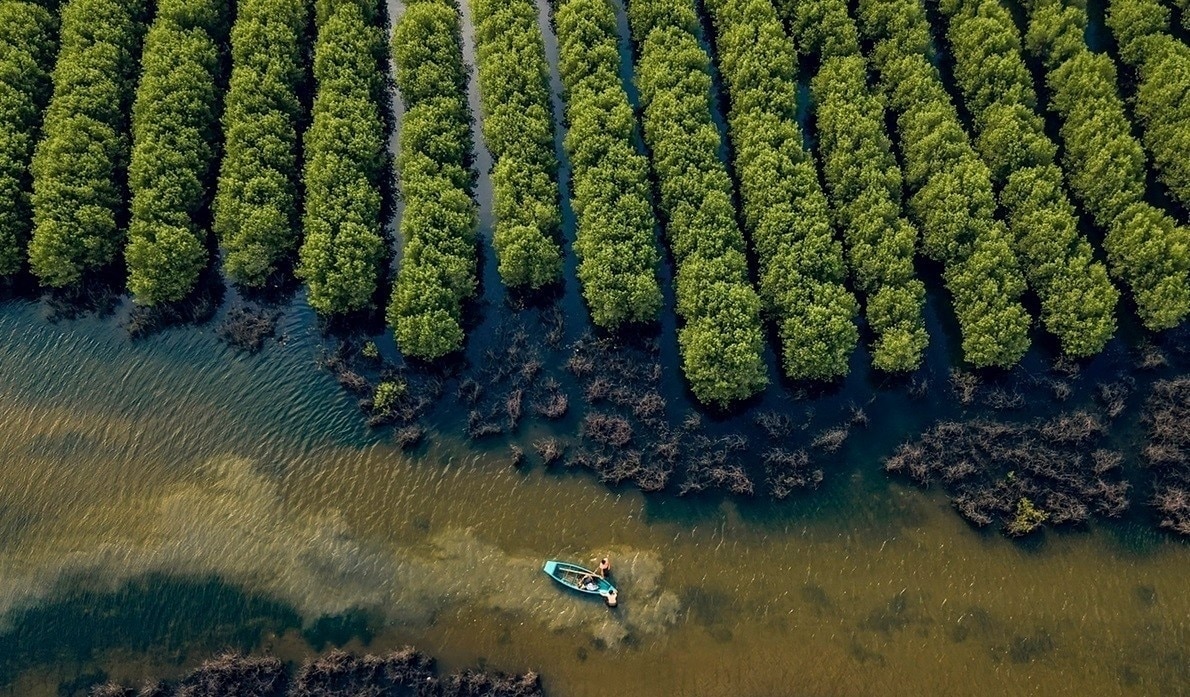
The integration of climate change response and environmental protection into Vietnam's development strategies and plans continues to be promoted. (Photo source: Ministry of Natural Resources and Environment)
Policies and laws on environmental pollution prevention and control are increasingly improved, moving towards proactive control of sources that pose a risk of causing pollution.
Forest protection and development have achieved many positive results. The area of terrestrial nature reserves has increased.
The capacity to forecast and warn of natural disasters has been raised to the top in the region and is gradually approaching that of advanced countries in Asia. Vietnam has actively participated with the international community in reducing net greenhouse gas emissions and making a fair energy transition.
Basic investigation, assessment of potential, reserves, management and exploitation of natural resources have achieved many important, sustainable and more effective results.
In the new context with rapid developments of climate change, Vietnam has forecasted and determined: Achieving net zero emissions by 2050 is an inevitable development goal of the world, mainly through energy transition and low-emission development. Vietnam has strongly implemented the commitments at the COP26 Conference, updated the Nationally Determined Contribution twice and issued the National Strategy on Climate Change for the period up to 2050 along with many other strategies and action plans. Vietnam and international partners have also adopted the Political Declaration establishing the Just Energy Transition Partnership (JETP).
Renewable energy sources are receiving great attention for development, while green economy and sustainable development are top priorities in the development process.
Policy needs to be linked to practice
The world is witnessing more and more impacts from climate change. The most noticeable points are the rising average temperature of the globe, unusual weather patterns appearing for the first time in history, natural disasters appearing with more seriousness…
Meanwhile, after 10 years of implementing Resolution 24-NQ/TW in Vietnam, there are still shortcomings. The capacity to prevent natural disasters and adapt to climate change has not met requirements; greenhouse gas emissions are still limited; environmental pollution continues in many places, especially in industrial clusters, river basins, and craft villages; marine pollution due to aquaculture and plastic waste occurs in many localities.
Flooding due to high tides, saltwater intrusion, subsidence and landslides on river banks and coastlines still occur in many places, especially seriously in the Mekong Delta.
Basic survey data and planning for resource use still have many shortcomings and limitations.
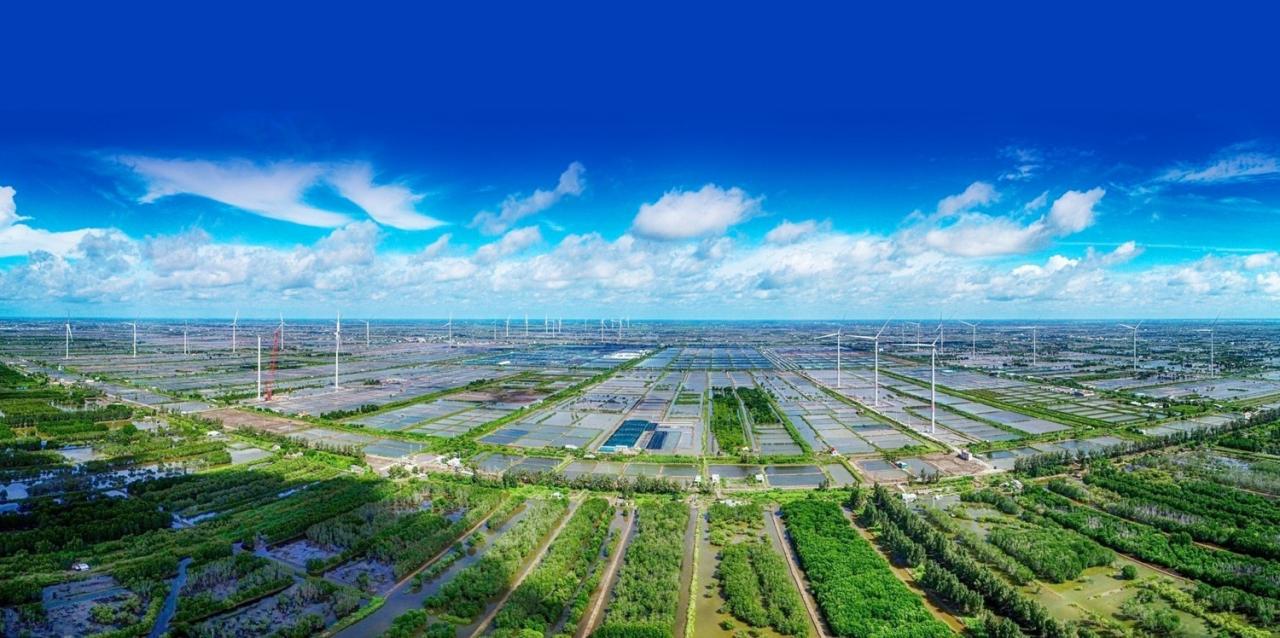
Improving the capacity to respond to climate change in the new context is a practical requirement of these policies and activities in Vietnam. (Photo source: Ministry of Natural Resources and Environment)
The domestic and international context has been emerging a number of new issues regarding climate change, resource management and environmental protection such as: Circular economic development; zero net greenhouse gas emissions by 2050 (Net Zero); digital transformation, green transformation; knowledge economy, etc.
Speaking at the meeting, Deputy Prime Minister Tran Hong Ha requested: "The summary of Resolution 24-NQ/TW is placed in an organic and close relationship with resolutions, strategies, and plans in related fields such as Resolution 36-NQ/TW on Vietnam's marine economic development strategy to 2030, vision to 2045, Green Growth Strategy, National Strategy on Climate Change...".
It is necessary to clearly define goals, viewpoints, and a long-term, synchronous, and feasible strategic vision with medium-term, immediate, and urgent solutions; associated with mobilizing resources and determination of the entire political system from the central to local levels, of the State, businesses, people, and the entire community and society, and taking advantage of resources from the international community.
Ha An





![[Photo] 60th Anniversary of the Founding of the Vietnam Association of Photographic Artists](/_next/image?url=https%3A%2F%2Fvphoto.vietnam.vn%2Fthumb%2F1200x675%2Fvietnam%2Fresource%2FIMAGE%2F2025%2F12%2F05%2F1764935864512_a1-bnd-0841-9740-jpg.webp&w=3840&q=75)

![[Photo] National Assembly Chairman Tran Thanh Man attends the VinFuture 2025 Award Ceremony](/_next/image?url=https%3A%2F%2Fvphoto.vietnam.vn%2Fthumb%2F1200x675%2Fvietnam%2Fresource%2FIMAGE%2F2025%2F12%2F05%2F1764951162416_2628509768338816493-6995-jpg.webp&w=3840&q=75)
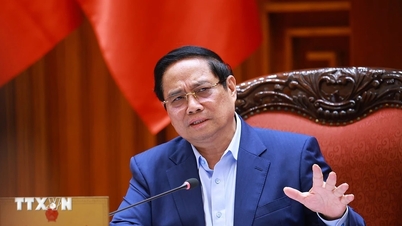

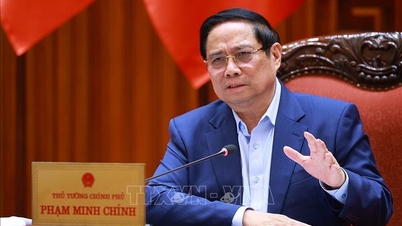

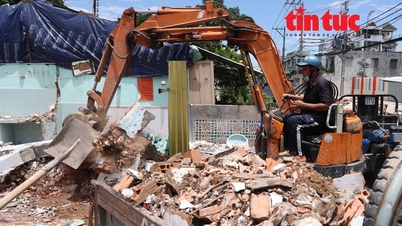
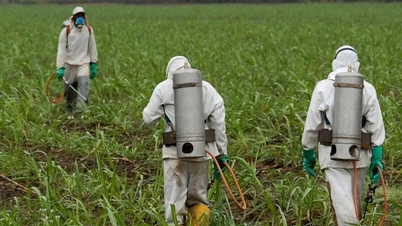

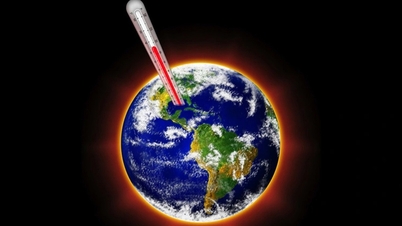
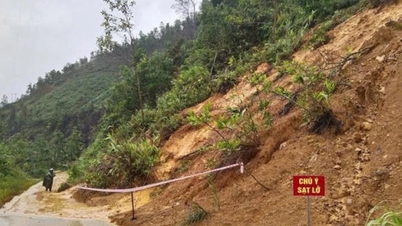
















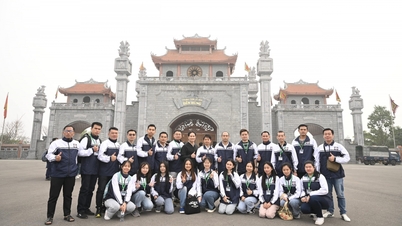


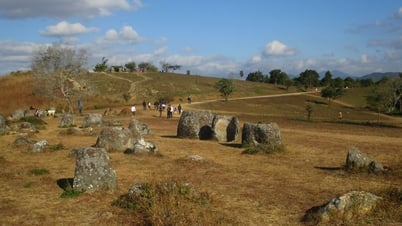
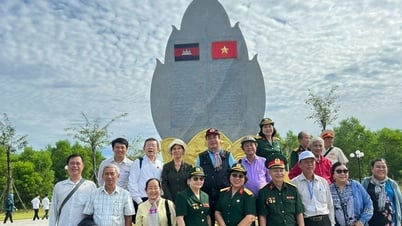







































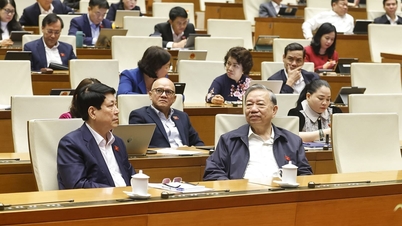












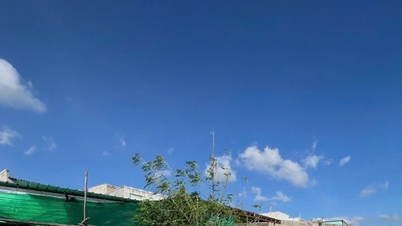
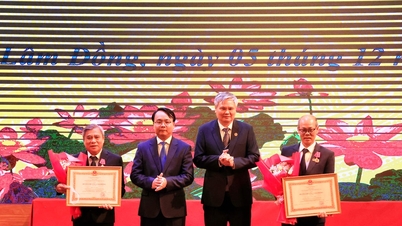

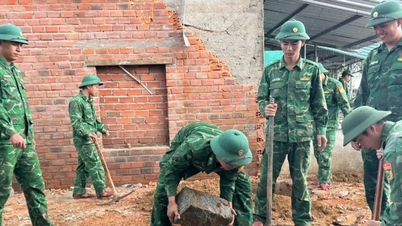

















Comment (0)